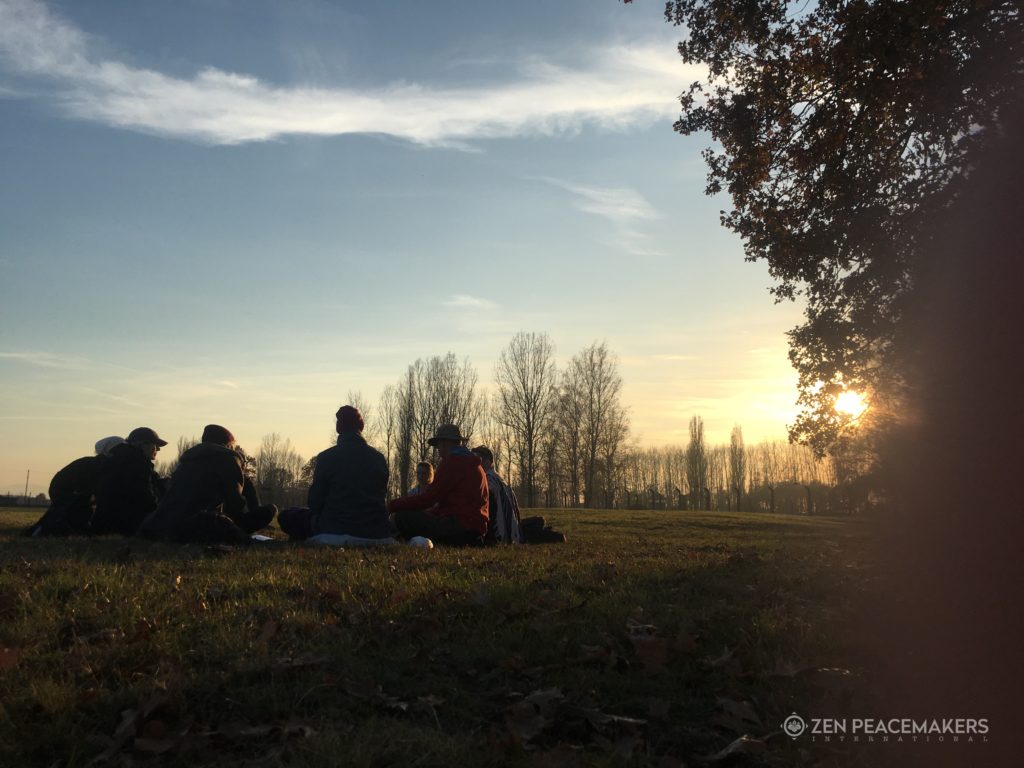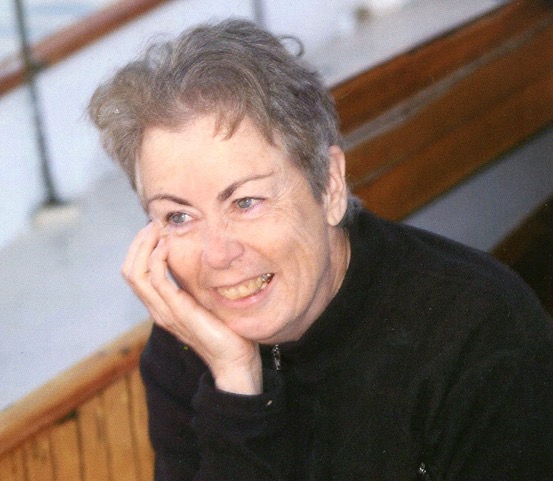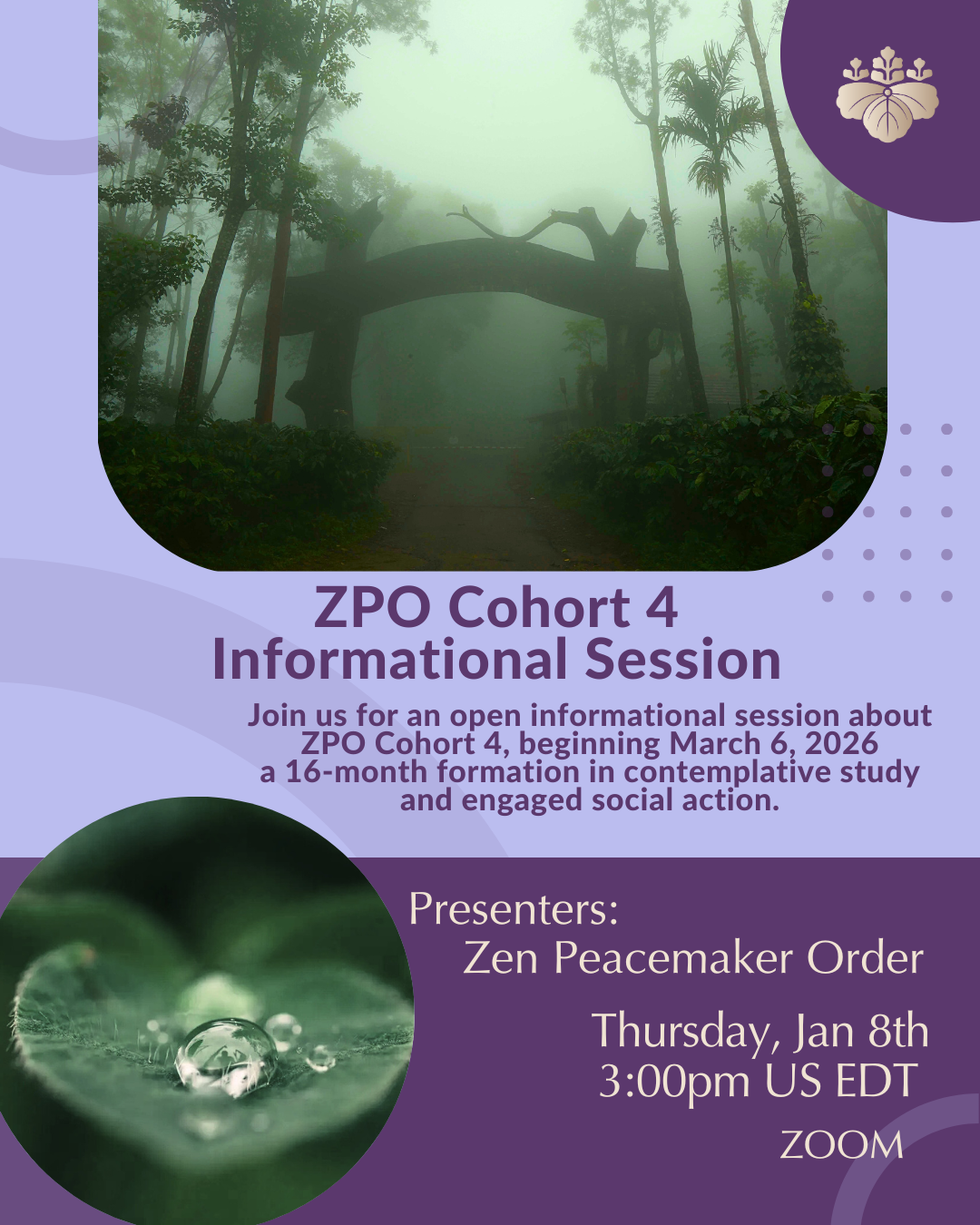by Judith Haran
After staying at home for over two years during the pandemic with only a silent spouse and my cats, I was in desperate need of contact with the human race. I’d retired from my job as a psychiatrist in 2019. I had been on the ZPI mailing list for a long time; one day I noticed an invitation to a women-only council meeting held via Zoom. I registered for it, not knowing what to expect. I knew about Council from my time at the Auschwitz retreat a decade ago, but had not attended a Council meeting since that retreat ended.
I don’t remember what I said during the first zoom meeting. I probably did not say much. As the months went by, I kept showing up. Our group varied from month to month, with the same «core group» usually attending. Listening to these women, I began to feel like I knew them better than I knew most people in my life here in Massachusetts. And as I opened up more, I began to feel like these women knew ME better than most of my local friends and relatives. I was able to share ideas and feelings that I have not felt comfortable sharing at home — including a sense of impending doom about the increasing rate of climate change and the connection between that sense of doom and events from my childhood. I was able to reveal the difficulty I was having finding a fitting ending for the novel I’ve been working on since 2016. And I was able to suspend judgment while listening to others, something I have trouble doing «in real life.»
I’ve come to look forward to these monthly meetings. I miss people who aren’t present. It is such a relief to speak with the certain knowledge that no one listening is about to «present a competing point of view,» and to hear that others are often dealing with similar issues. One person in the group even asked to read my (not yet published) novel, A Friend of the Family. (I did find the ending a few months ago.) I was a bit reluctant to send it to her, as it is partly set in Germany during the war, and I am never sure that I, as a foreigner, have a right to write about that time. The main story occurs in the US in 1979 and concerns the US-born daughter of a Holocaust survivor, a Viennese Jew who emigrated to New York in 1948 but found it impossible to escape the consequences of his wartime behavior. I’m currently seeking an agent in the US and UK, but if I don’t find one I might have the book translated into German and seek a literary agent in Germany. (If you know of any who might be interested, please contact me at thejudithharan@gmail.com
I remain humbled by the privilege of attending this group in English, the only language I speak. English is a second (or third, or fourth) language for the majority of women in this group, a fact that never fails to amaze me.
About the author: Judith Haran is a retired psychiatrist who lives in the countryside of Massachusetts with her (mostly silent) husband and not-so-silent cats. She spends most of her time reading, and her favorite author is W.G. Sebald. She works remotely for Harvard University as a document analyst, analyzing the documents left behind by the thirteen Nuremberg Trials (Harvard has owned these since 1950.) Sometime in the upcoming year, Harvard plans to put the English-language record of most of these trials online, free, for the first time ever.




Un comentario
Always nice to learn more about you. I hope that you are well.